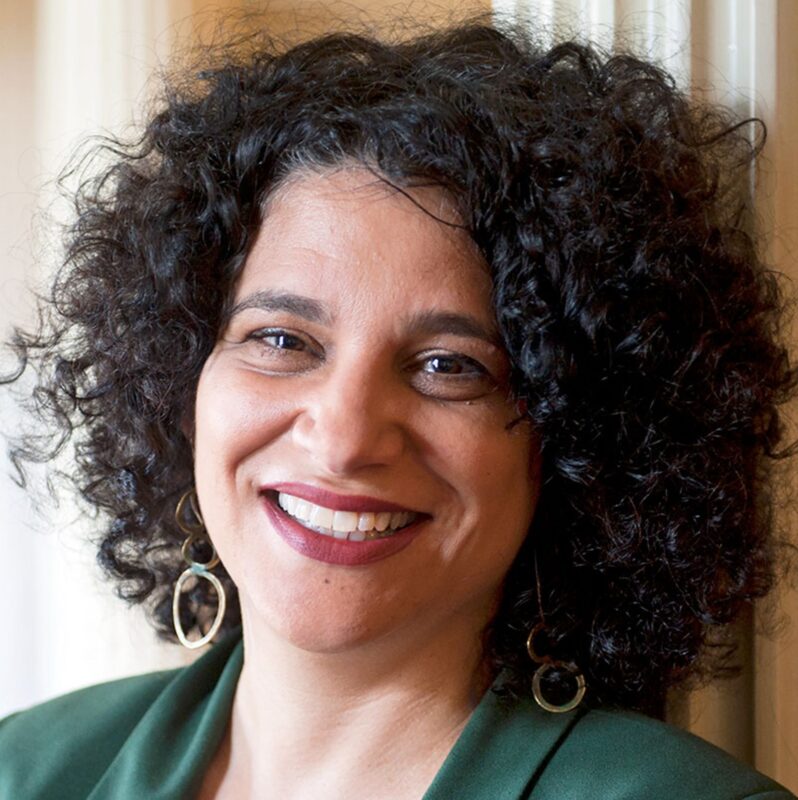Listen to an episode featuring Maria Hantzopoulos:
Bringing the World to the US Based Teacher Education Classroom
by Maria Hantzopoulos
Professor of Education
Vassar College
Coming off sabbatical during this heavy-hearted year, I definitely want to emphasize how local and domestic issues in US based teacher preparation intersect with what is transpiring on the global stage when I re-enter the classroom. Since I teach at a small liberal arts college for undergraduates in upstate New York, I am often pulled in many directions in my teaching, research and mentoring work with students. The liberal arts context inherently demands trans-disciplinarity and I am fortunate enough to be able to teach courses that range from contemporary issues in US education, peace and human rights education to others on migration. Regardless of the geographic focus of the course, I am always able to bring a “global” or “comparative” lens to the work through a variety of course materials, obviously including readings and speakers but also podcasts.
In the teacher credential program however, this approach might initially seem more challenging because students need a series of courses (both in pedagogy, content, and developmental psychology) that are dictated by and mandated by the state. Since I both coordinate and teach in the secondary adolescent education program, I am often vexed with ways to broaden the narrow scope and bring in broader lenses, regardless of whether the student is pursuing math, social studies, or physics education. Podcasts offer me an accessible, intersectional, and multi-disciplinary approach to topics, without sacrificing what is mandated and required for teacher certification.
Susan Robertson and Mario Novelli’s podcast is a good place to start as I think about integrating these approaches in the fall 2024. Their recap of the big events of 2023 and their impact on comparative and international education discusses Gaza, post 9-11 perpetual war; artificial Intelligence; global neoliberal political economies; taxes, all of which are topics related to their own practice as future teachers in the US. Not only will this help students understand the role of the US government as an imperial, military and economic hegemonic force that shapes educational experiences beyond its borders, students might also forge parallels between these issues and the ones that affect the contemporary US educational landscape.
From there, I find Jessica Oddy’s podcast, which calls into question more generally the field of education in emergencies through her work in South Sudan, a way to hone in on some of the larger themes raised in the recap podcast. By examining how the field of education in emergencies is entangled in histories of colonialism and imperialism, teacher educators in the US context might also examine systemic inequities that persist in the US related to those same times of histories. Conversely, this could be paired with Francine Menashy and Zeena Zakharia’s podcast on ‘White Ignorance in Global Education,’ which debunks the notion that racism is particularly a US based issue. Their work shows not only how white supremacy, anti-Blackness and structural racism are global problems in educational settings, but also how this form of colorblindness has harmful impacts in other contexts.
As Gaza is very much on our minds and in our hearts, Mai Abu Moghli and Nida Badawi’s ‘Palestine, Academic Freedom, and Struggles for Justice’ illuminates how the violence (direct, structural, and cultural) of the ongoing genocide impacts education, both in terms of academic freedom and scholasticide. US students are embedded in their own settler colonial context, and this podcast may get them to think about how solidarity across struggles takes shape. Finally, Aziz Choudry’s podcast on student activism and social movements closes the loop on this particular theme, by prompting students to make meaning of the importance of the US led student encampments. While the podcast pre-dates these events, the enduring theme can catalyze students to consider the role social movements play in disrupting injustice in educational spaces.
Collectively, these podcasts can serve as an essential point of departure for meaningful conversations with US-based teacher credential students about global events and their impact on education. Not only will they help students make meaning of these processes in their own situated contexts, but also make connections and encourage reflection on their own educational practice in the US.
July 1, 2024








